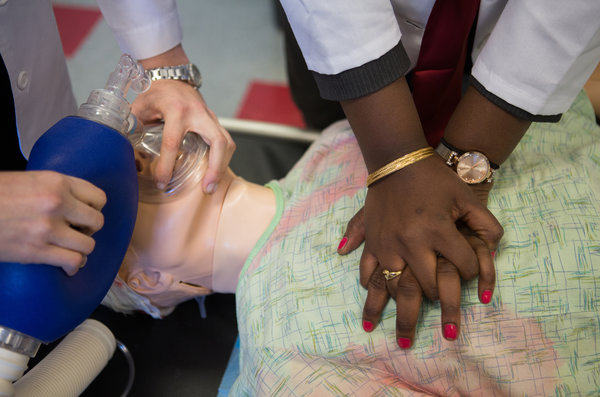Again with the delusions! We cannot have a constructive conversation if you cannot admit your problems. By even saying this, you are contradicting yourself so many times, asking to be taken literally, but then do not do others the same courtesy? In what way is it MORE reasonable to assume that I meant something OTHER than what I said? This cuts at the core of your problem, and explains why you have a tough time seeing the other side. You aren't listening to words, but just choosing a meaning that you wish to fight with. You are shadow boxing.
Such a broken record on Doctors without Borders. You have to be because the burden of proof lies on you, to show there is equal treatment in all grey countries on that map (and no, Jones, an article listing four countries doesn't cut it, nor does it describe any friction/lack of friction DOs may have). If you are telling the AOA, the very people who manage osteopathic medicine, to shut the f### up and ignore the legalities in other countries, that's on you, not me.
You can say all you want about "third world" countries. It doesn't change my thesis, which you keep avoiding because you know I'm right. Hey, let's do an exercise since you're having so much difficulty: what was my point about DOs and practicing in other countries? You're still shadow boxing to hide what little respect and courtesy you have left but don't deserve. Calling people troll and c### shows your maturity level.
Get out of your delusions of grandeur, and stop acting like DOs are some persecuted cult or Scientology. The truth is what it is. I'm sorry if it hurts you.





